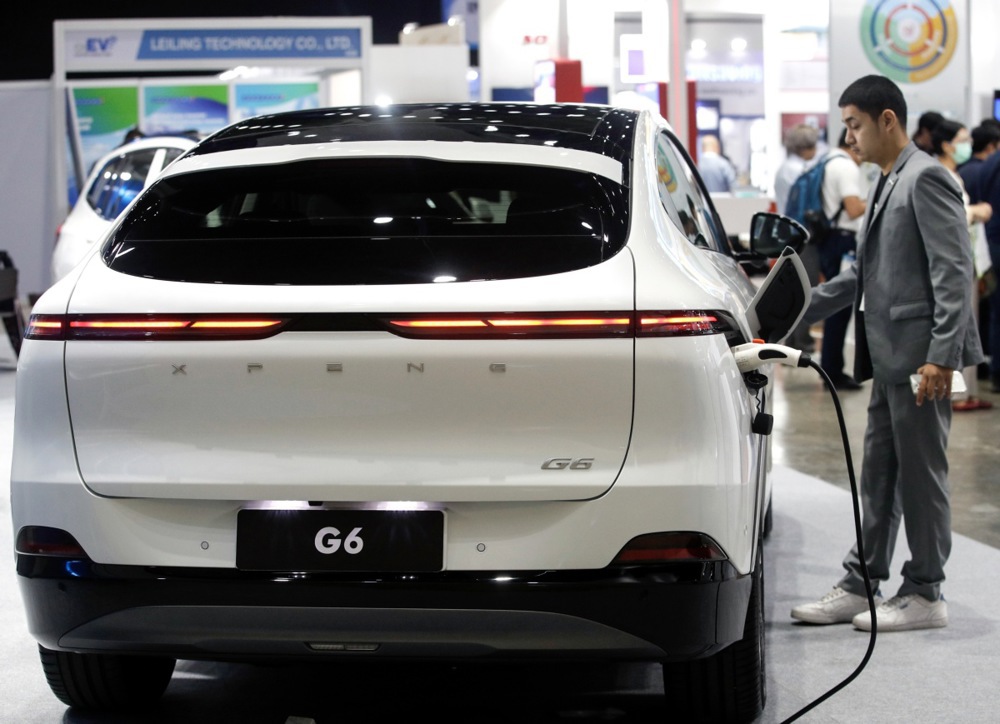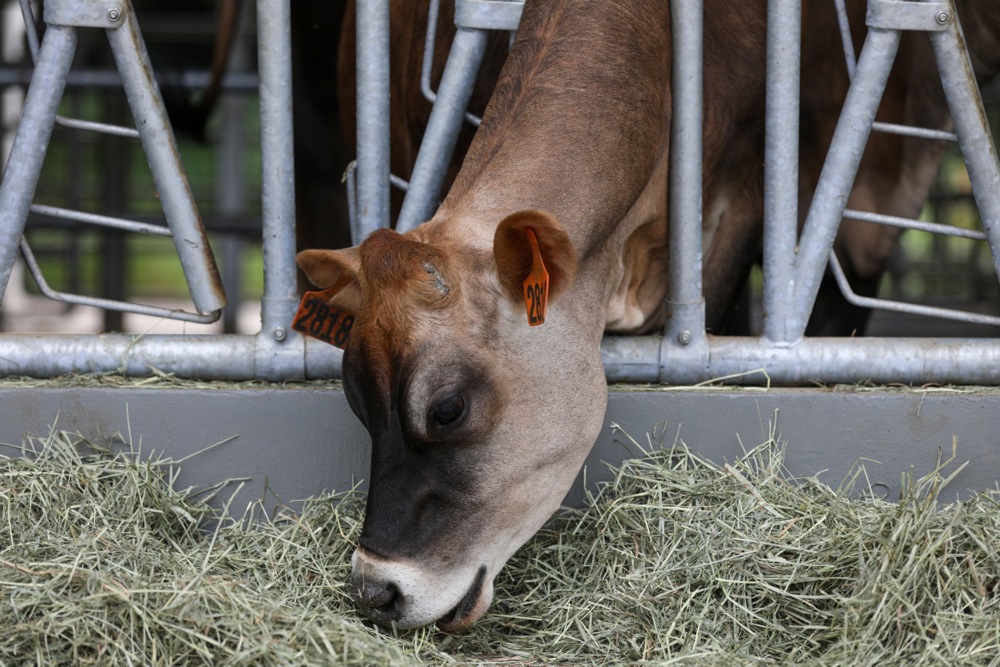China has threatened European Union companies with retaliatory tariffs after accusing them of dumping brandy on the Chinese market, damaging its domestic industry.
On August 29, China’s Ministry of Commerce announced it had made a preliminary ruling regarding EU brandy.
“The investigating agency initially determined that there was dumping in the import-related brandy originating in the European Union, that the domestic brandy industry was threatened with substantial damage, and that there was a causal relationship between dumping and the threat of substantial damage.”
The ministry also gave a list of EU companies that now faced possible tariffs of 30.6 per cent to 39 per cent.
China said the taxes were provisional and would not be imposed immediately, leaving room for negotiations with the EU.
With such tariffs, China would hurt French producers the most as they are the main suppliers of brandy, or cognac, to China.
The French ‘Bureau National Inter-professionnel du Cognac’ said in a statement:”We understand that the duties that could be applied to our products at the end of the procedure would average 34.8 per cent.
“If imposed, such duties would heavily impact cognac exports to China, a market that alone accounts for 25 per cent of our exports.”
Trade tensions between Brussels and Beijing appear to be deteriorating, with China opening an anti-dumping investigation into EU subsidies for certain dairy products. https://t.co/2zit16HsFl
— Brussels Signal (@brusselssignal) August 21, 2024
SpiritsEUROPE, representing the spirits industry in the EU, said it was “stunned” with the suggestion of “unjustified Chinese provisional tariffs”.
It said the provisional duties, which would average 34.8 per cent, would come “in spite of the evidence provided by the EU producers that no dumping occurred,” and added that, if introduced, such a decision would “arbitrary” and “negatively impact EU spirits exports to China”.
“We are very disappointed by this announcement,” the body said. “The tariffs, if applied, would constitute an unjustified market access barrier and have a detrimental impact on EU exports of wine-based and marc-based spirits [such as pomace brandy] to China, which represent the lion’s share (around 90 per cent) of direct EU spirits exports to China in value.
SpiritsEUROPE director general Ulrich Adam said: “The only silver lining at this stage is that the provisional duties will not apply for now.”
He argued the investigation was unjustified. The brandy sector’s data contradicted Chinese claims of dumping, he added, suggesting the Chinese industry had been caught in the crossfire of a larger trade dispute, which could restrict the Communist country’s consumers’ access to such valued products if not quickly resolved.
While some media have reported the news as a positive because the Chinese tariffs have not been levied yet, Adam told Brussels Signal that was only a short term win.
He said the EU sector fully co-operated with the Chinese Government and the European Commission, adding: “We’re following the proper process and procedures. We hope the Commission can successfully negotiate this issue, and that these tariffs will ultimately not be applied.”
Adam said he felt fully supported by the EC.
At an EC press briefing the body’s spokesman Olof Gill said the EC “took note” of the investigation.
“We remain fully confident that our cognac exports to China are completely in line with all applicable WTO [World Trade Organisation] rules.
“According to the Commission’s detailed assessment, the merits of this investigation are questionable,” he added.
Gill said there were comprehensive WTO rules that needed to be followed and that the EC would keep a close eye on the situation “and will not hesitate to take action to defend the EU exporters”.
He stressed the provisional tariffs for brandy were separate from the debate on Chinese electric vehicles in Europe.
China is a huge market for EU spirits and exports have grown 76 per cent in the past decade, according to spiritsEUROPE.
Sales hit €875 million in 2022, the EC said, second only to the US.
A Chinese electric vehicle manufacturer and partner of Germany’s Volkswagen has said it was looking to produce cars in the European Union to bypass new import tariffs imposed by Brussels. https://t.co/byZKt5iAF6
— Brussels Signal (@brusselssignal) August 28, 2024
Europe has been increasing tariffs on Chinese EVs, accusing the country of excessively subsidising its car manufacturing sector.
In retaliation, China has accused the EU of attempting to create unfair competition with its tariff policies. Beijing has since launched an anti-dumping probe into EU-derived liquor products, with a similar inquiry into EU pork and pork-derived imports launched in June.
On August 21, China opened a new anti-dumping probe against the EU, this time focusing on the dairy industry.
Josep Borrell, the EU’s outgoing High Representative for Foreign Affairs and Security Policy, recently warned that a trade war between the EU and China “may be unavoidable.”





